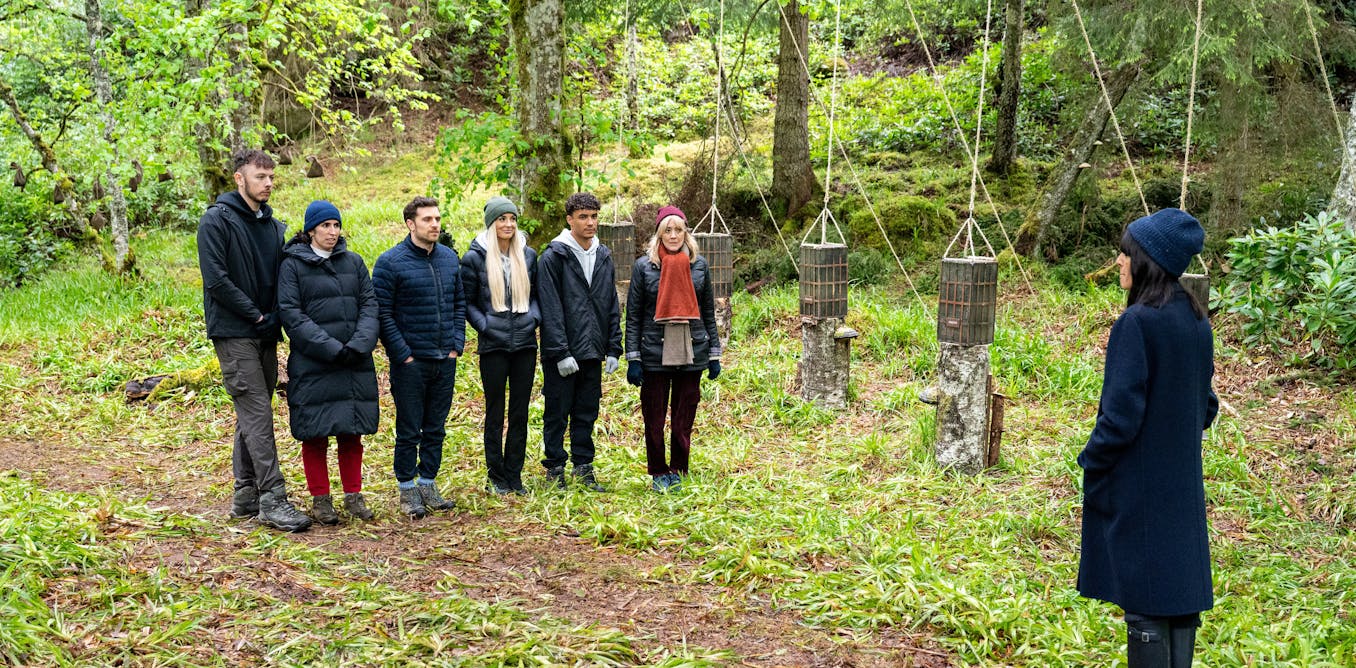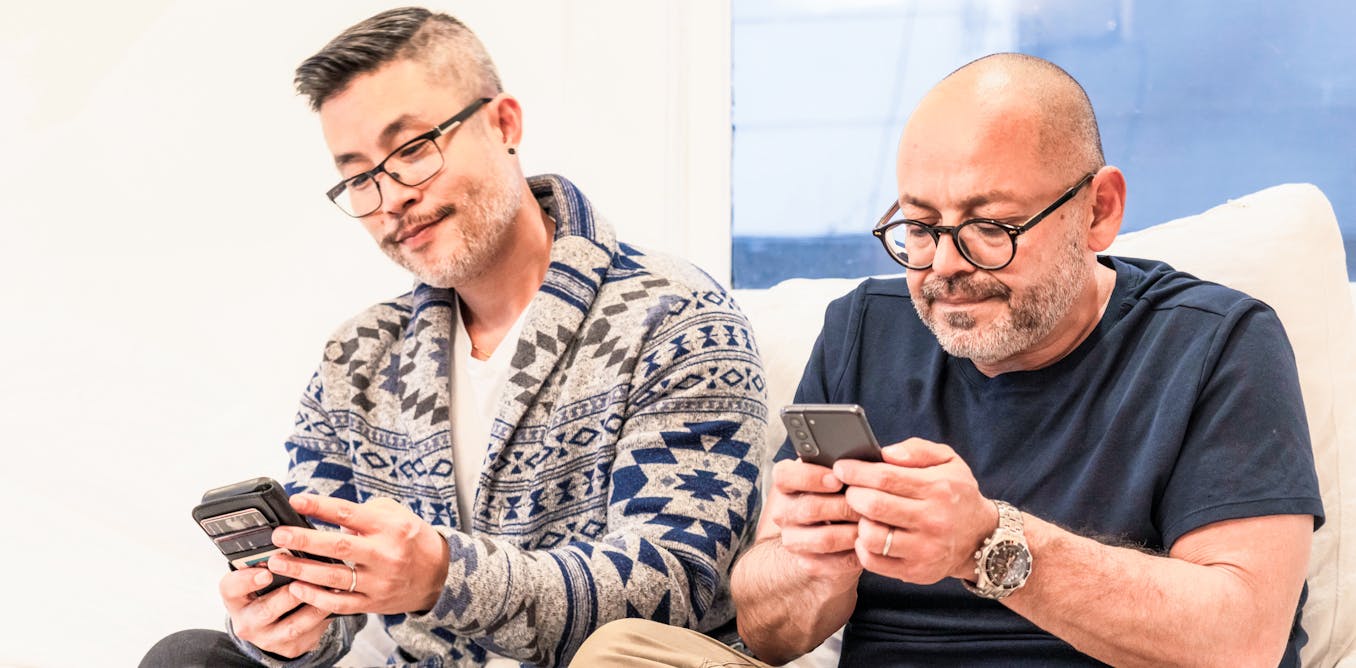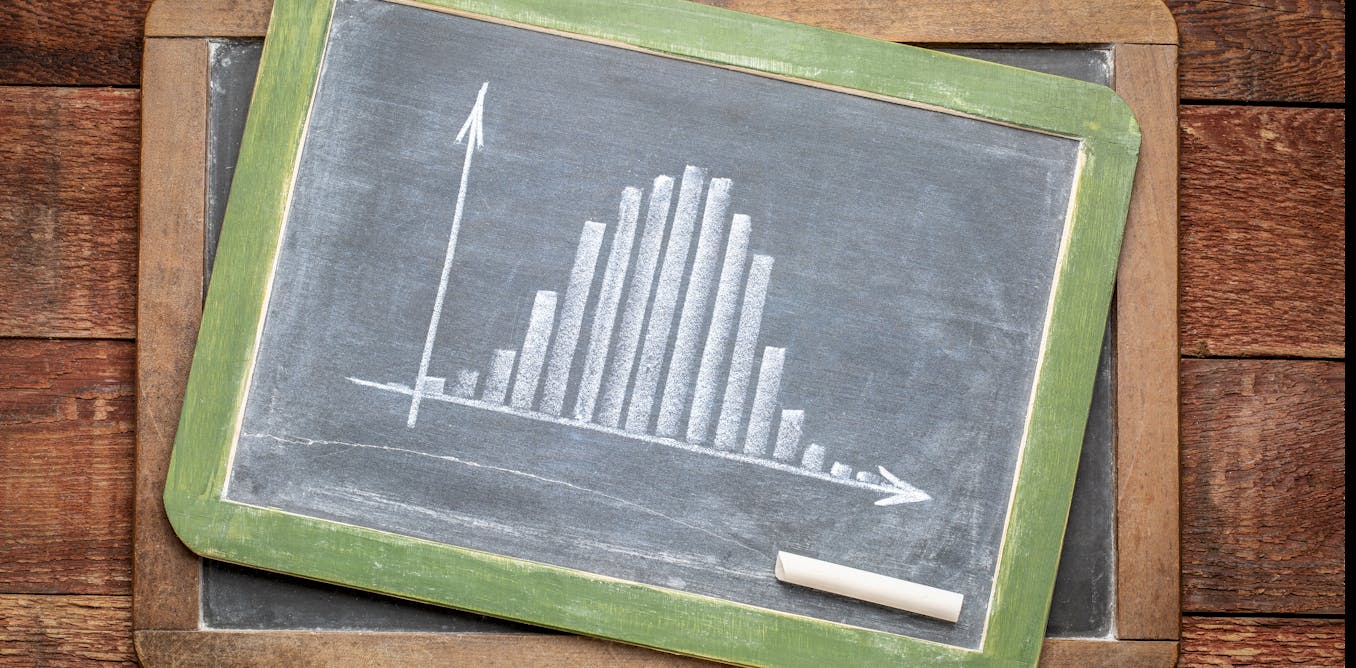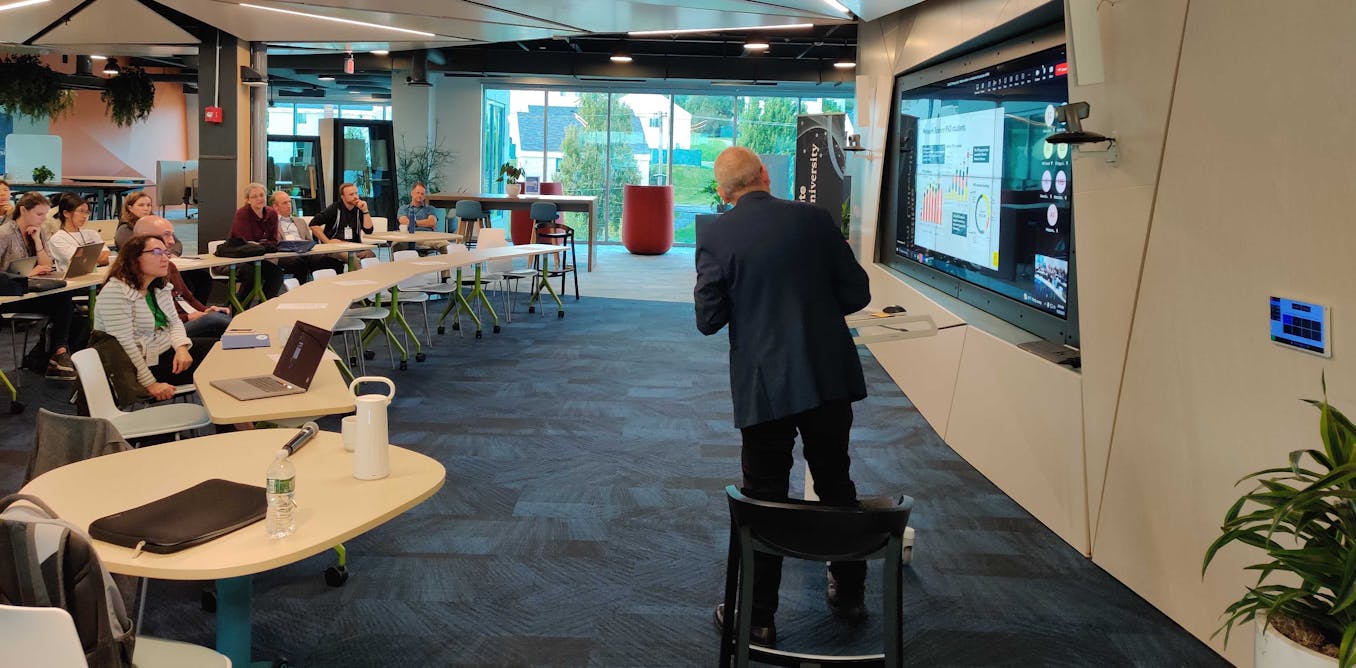Election anxiety doesn’t need to win − here are 3 science-backed strategies from a clinical psychologist to rein in the stress
Given the polarized political climate in the US, it’s hard not to be affected by the election. But there are ways to make sure stress and uncertainty don’t send you on a downward spiral.
Nov. 1, 2024 • ~7 min
The ‘average’ revolutionized scientific research, but overreliance on it has led to discrimination and injury
The average might come in handy for certain data analyses, but is any one person really ‘average’?
March 1, 2024 • ~9 min
Pooling multiple models during COVID-19 pandemic provided more reliable projections about an uncertain future
Policymakers rely on models during uncertain times to figure out how their choices could affect the future. Over the pandemic, an ensemble of many COVID-19 models outperformed any one alone.
Nov. 20, 2023 • ~9 min
Medical guidelines that embrace the humility of uncertainty could help doctors choose treatments with more research evidence behind them
How doctors care for their patients is highly influenced by clinical guidelines. Recommendations based on anecdotal experience or poor data can harm patients.
Oct. 4, 2022 • ~8 min
Pandemic decision-making is difficult and exhausting – here's the psychology that explains why
People tend to dislike uncertainty and risk – two things that are hard to avoid completely during a pandemic. That’s part of why it can feel especially draining to make even small decisions these days.
April 19, 2022 • ~8 min
Trust comes when you admit what you don’t know – lessons from child development research
People often try to seem confident and certain in their message so it will be trusted and acted upon. But when information is in flux, research suggests. you should be open about what you don’t know.
Feb. 15, 2022 • ~10 min
'Don’t Look Up': Hollywood's primer on climate denial illustrates 5 myths that fuel rejection of science
Just because something isn’t 100% certain doesn’t mean you ignore it, and other lessons from two researchers who study the problem of science denial.
Jan. 5, 2022 • ~8 min
/
3









